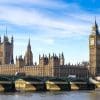One of the most common questions I am asked by both first time buyers and experienced homeowners is; “What do I need to do to pay my mortgage off as soon as possible?”
It is a dream for many homeowners to eventually become mortgage free. The question is at what cost?
There are two schools of thought. Put simply, if the interest rate you are paying on your mortgage is higher than the one you are receiving on your savings, you should consider using your savings to pay down your mortgage.
The gain from reducing your mortgage balance (by making overpayments) will more than offset the loss of interest on your savings. Savings rates are currently at near record lows and there are few signs of this position changing in the medium to long-term. Finding a savings account interest rate (aside from a special offer) that is higher than your mortgage interest rate is practically impossible.
Most instant access accounts pay just 0.10 per cent on average with fixed rate bonds around 0.50 per cent.
There are many more points to consider prior to committing to making overpayments on your mortgage. These include;
- Maintaining and emergency pot/rainy day fund
As an adviser, I cannot stress enough the importance of having enough money set aside to cover a financial emergency. Ordinarily we would class such items as car/home repairs, redundancy or a period out of work due to illness. It is safe to say that a “Pandemic” should now be added to that list! With the jobs market particularly uncertain and companies looking to restructure as a result of COVID, the emergency fund may prove to be a real lifeline in future.
You should not make additional overpayments to your mortgage if it means utilising your emergency fund to do so. If this cannot be funded from income I would strongly advise against this measure.
Once you have made overpayments into your mortgage account it can be difficult to access this money.
Your financial position would need to be completely reassessed by your lender during the process called a “remortgage” or “further advance”. This can be time consuming and offers no guarantee that the request will be accepted.
- Paying off other, higher rate borrowing first
In most instances, your mortgage is likely to be one of your lowest-cost debts. When considering making overpayments it is important to consider higher cost, unsecured credit first. For example, overdrafts, unsecured loans and credit cards.
- Fees and additional costs
Most mortgage lenders will allow you to overpay by up to ten per cent a year without incurring any additional charges. Any payment in addition to your 10% “allowance” can mean that lenders reserve the right to charge additional fees. Please check your lender’s policy prior to making any overpayments.
- Alternative Investments (including retirement planning)
Finally, retirement planning should also be brought into your thoughts. It may be that your overall pension and retirement plan could also use a boost and this could be provided from additional contributions. An alternative to overpaying on your mortgage could be for you to pay into your pension instead.
Pension payments benefit from tax relief. This means if you pay £80, the Government will top it up with tax relief worth £20. If you are a higher-rate taxpayer, you receive twice the amount of tax relief. You must only consider this option if you will not need the money before the age of 55 (or 57 from 2028). With the benefit of tax relief, putting money in your pension may be a more cost effective option overall.
*If you are already drawing your pension, you can only pay in new sums up to £4,000 a year and benefit from tax relief.
Investing some of the money is another option. But there is no guarantee you would make more from investing than from paying down your mortgage – and you could even lose money.
This article was written by Ben Horsfield CeMap, Head of Mortgage Services at Suttons. If you would like to discuss your mortgage requirements please feel free to contact us on 0161 969 1703.





